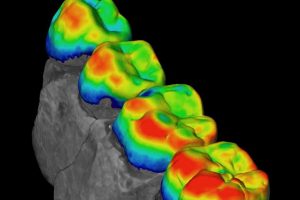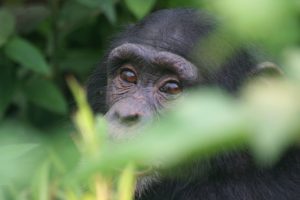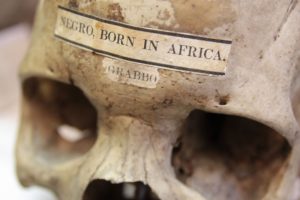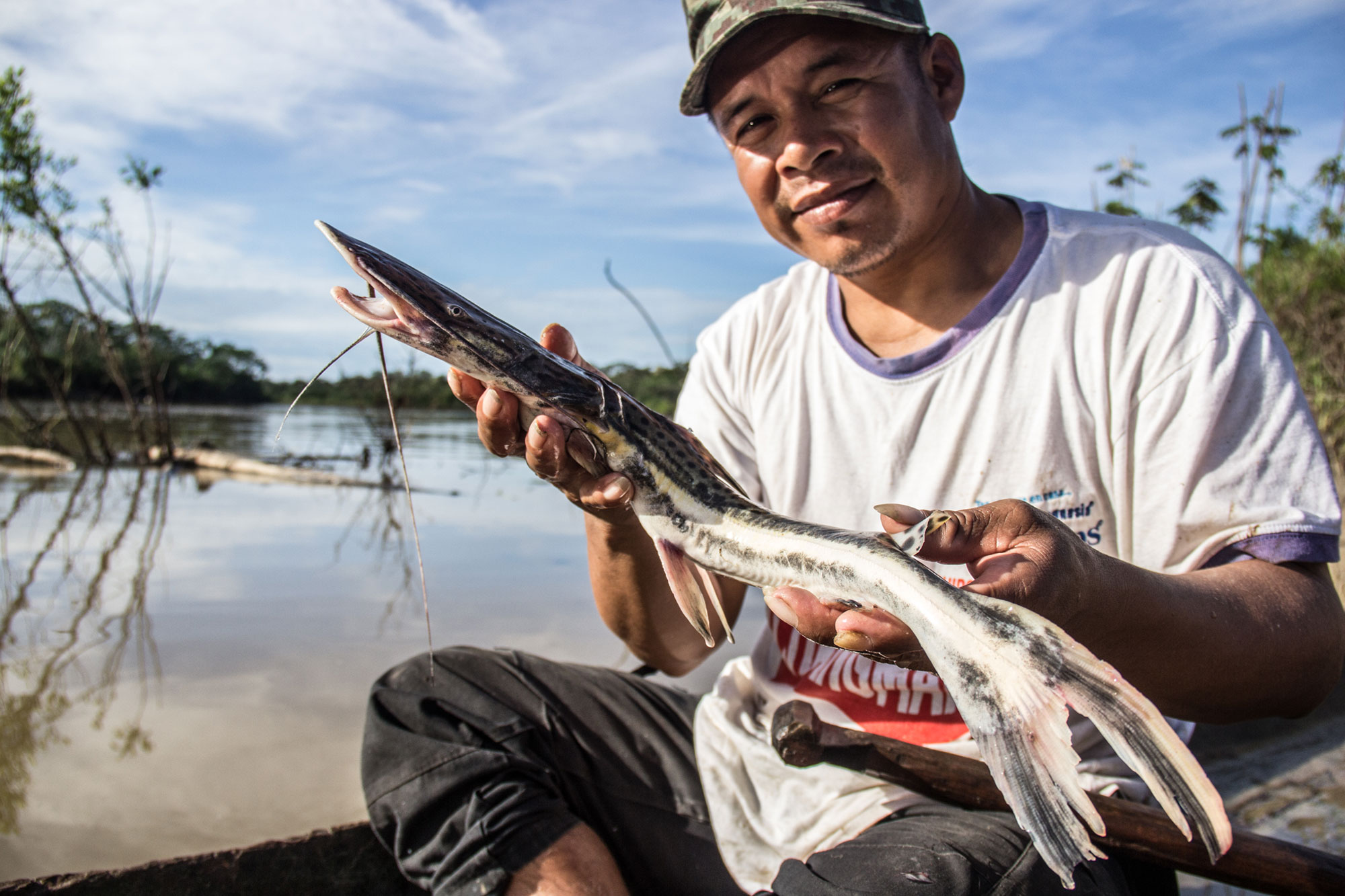The tail-end of June marks three months of lockdown, although measures have started to ease up slightly across the country. Unfortunately, this hasn’t been the case for the School of Anthropology and Conservation – our doors have had to remain closed. However, as was the case with the first two months of lockdown, this doesn’t mean that there hasn’t been plenty of activity from our staff and students to report. Here is a summary of what we’ve all been up to in the month of June:
Academic News
The School of Anthropology and Conservation has been awarded £250k from The Wolfson Foundation towards the cost of equipping a new Imaging Centre for the Life Sciences. The funding will facilitate the purchase of an industrial microCT scanner that uses high-resolution x-rays to produce 3D images of objects. This piece of highly specialised equipment will enable researchers to examine the internal structures of biological and non-biological materials across a wide variety of projects, for example by palaeoanthropologists to examine the bones and teeth of fossil human ancestors and reconstruct their behaviour 1-5 million years ago. While the Imaging Centre will be housed in the School, it will also benefit research across the University, including the School of Physical Sciences and its Applied Optics Group (AOG) and Planetary Sciences, and undergraduate and postgraduate students, including those at Kent and Medway Medical School, will be able to work in the Imaging Centre to conduct novel research projects, learn innovative techniques and produce cutting-edge science under the mentorship of Kent’s internationally-recognised researchers.

Dr Jane Goodall, world-renowned conservationist and ethologist, delivered this year’s annual Durrell Institute of Conservation and Ecology (DICE) Lecture, which took place in a sold-out Woolf College. The eagerly-awaited talk was filmed, and the full video is available on YouTube to watch if you didn’t make it to the event or wanted to relive it. There is a teaser of the event also available.
Research Associate Dr Khalil Avi Betz-Heinemann led a study exploring the efficacy of crow (corvid) culling in the Turkish Republic of Northern Cyprus, looking into the ways that corvid social structure renders the use of culling ineffective as a form of population control. The study was published in the journal Human Ecology and examined the historical and ethnographic context of corvid-culling in Northern Cyprus in order to evaluate whether the logic behind culling is sound. Dr Betz-Heinemann also filmed a video abstract alongside the article which you can watch on YouTube.
Lecturer in Conservation Science, Dr Charlie Gardner, alongside Dr Javid Kavousi (Université de Bretagne Occidentale) and other researchers, composed a letter to Global Change Biology’s editor in which they warn that further environmental degradation will worsen the risk of other zoonotic diseases spreading from wild animals to humans. They stress that the value of conservation must be emphasised and promulgated or repercussions of human activity will continue to damage the biosphere, endangering both animals and humans.
Professor of Social anthropology, João Pina-Cabral, who was the principal organiser of the inaugural conference of the European Association of Social Anthropologists (EASA), will be speaking at the EASA conference in Portugal in July, marking thirty years of the association’s existence. The conference will be taking place virtually between the 20th and 24th July 2020.
Dr Tatyana Hulme has led a study with the Durrell Institute of Conservation and Ecology (DICE) researching the perception of and education about Ebola virus disease (EVD) in rural and urban areas of Guinea, West Africa. The research concluded that rural citizens received most of their information about EVD from awareness-raising missions, whereas urban citizens receive the bulk of their information from newspapers and radio. It was also found that many rural respondents did not believe that the consumption of wild animals posed a significant risk of transmitting EVD.

Congratulations are in order for Senior Lecturer in Social Anthropology, Dr Judith Bovensiepen, who has recently been appointed a place on the editorial board of the academic journal Social Analysis. Dr Bovensiepen will be writing an inaugural editorial for the next issue of the international, peer-reviewed journal, a publication which is dedicated to exploring the analytical potentials of anthropological research.
It’s been a good month for Professor João Pina-Cabral, with an imminent Italian translation of his book World: An Anthropological Examination about to be published. The book explores the ways in which we think and what we think are related, proposing a novel approach to the human condition centred around the notions of personhood and sociality.
Postgraduate News
This June saw the continuation of a horrific trend of police brutality in the USA, with the murder of George Floyd bringing the Black Lives Matter movement back to the forefront – arguably where it should have remained. Anthropology PhD student Christopher Aris wrote a reflective piece on the role of anthropologists in the condemnation of systemic racism. He discusses Anthropology’s indisputable roots in colonialism and ethnocentrism, and discusses the importance of speaking out against racism, as well as the necessity for Anthropology to address its own failings.

DICE PhD student Michaela Lo, alongside international researchers, has published a review exploring the relationship between tropical forests and fish. Michaela and researchers from the Center for International Forestry Research (CIFOR), Virginia Polytechnic Institute and State University (Virginia Tech), and the U.N. Food and Agricultural Organization (FAO) found that, in most cases, forests were positively associated with the diversity of fish populations.
Hermenegildo Matimele, another DICE PhD student, took part in an awe-inspiring mission in Mozambique, venturing to a forest that no human had ever set foot in before. Hermen joined the team as their botanist, identifying and mapping plant species distribution. The expedition was documented by National Geographic, who have released a short film on the mission called The Lost Forest.
Undergraduate News
This year’s annual celebration of the work of our Visual Anthropology students, which is usually held in the Gulbenkian, moved online as a mini-film festival entitled Covidentities. The programme consisted of three collections of films and interactive websites in the themes of: Communities; Home & Away; and Identity Trips. A special online event was held on June 10th, which included extended discussions, an alumni meet-up, prize-giving and online drinks. The projects are all available to view online.

